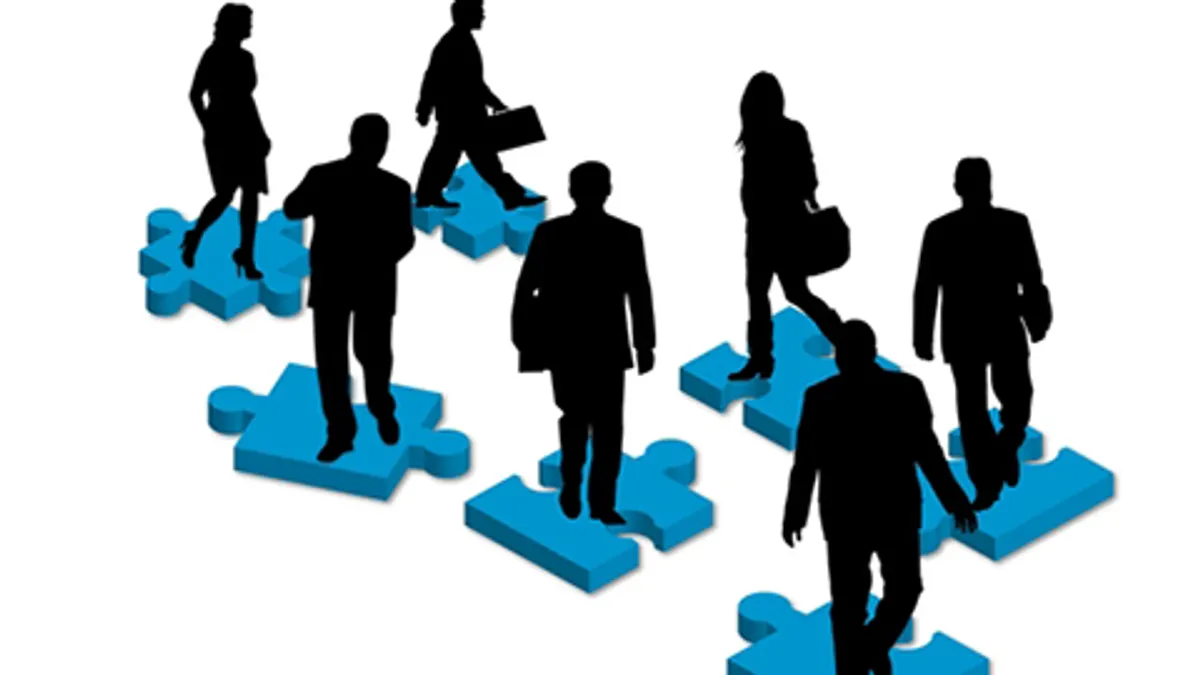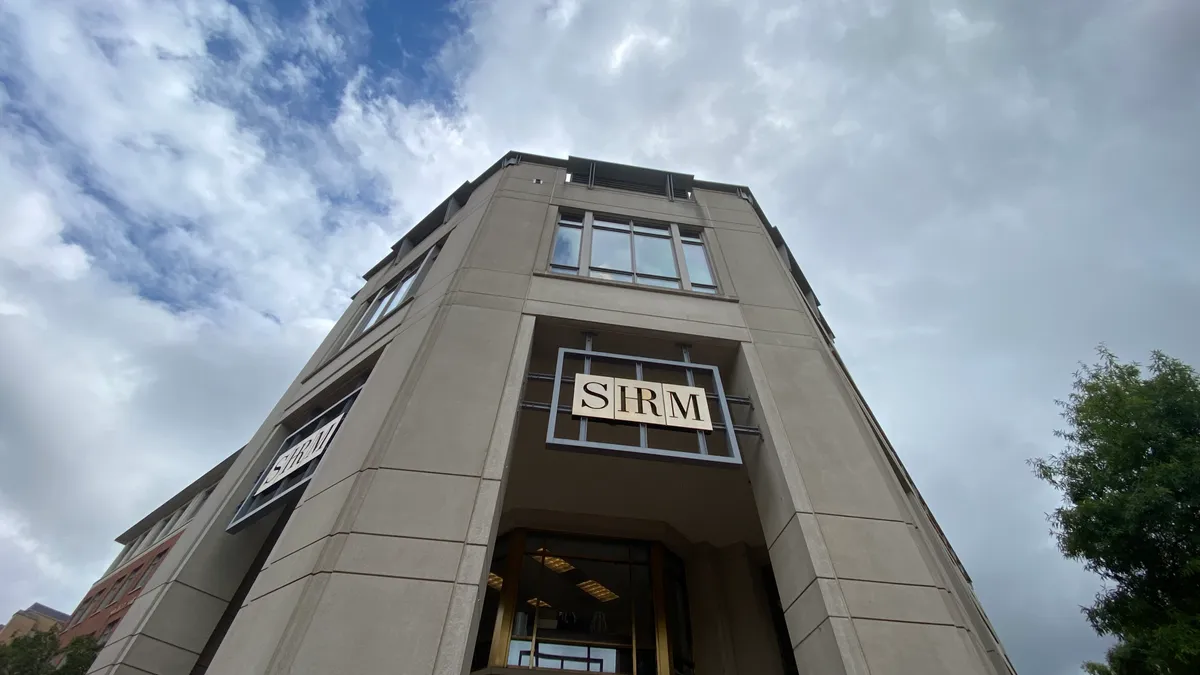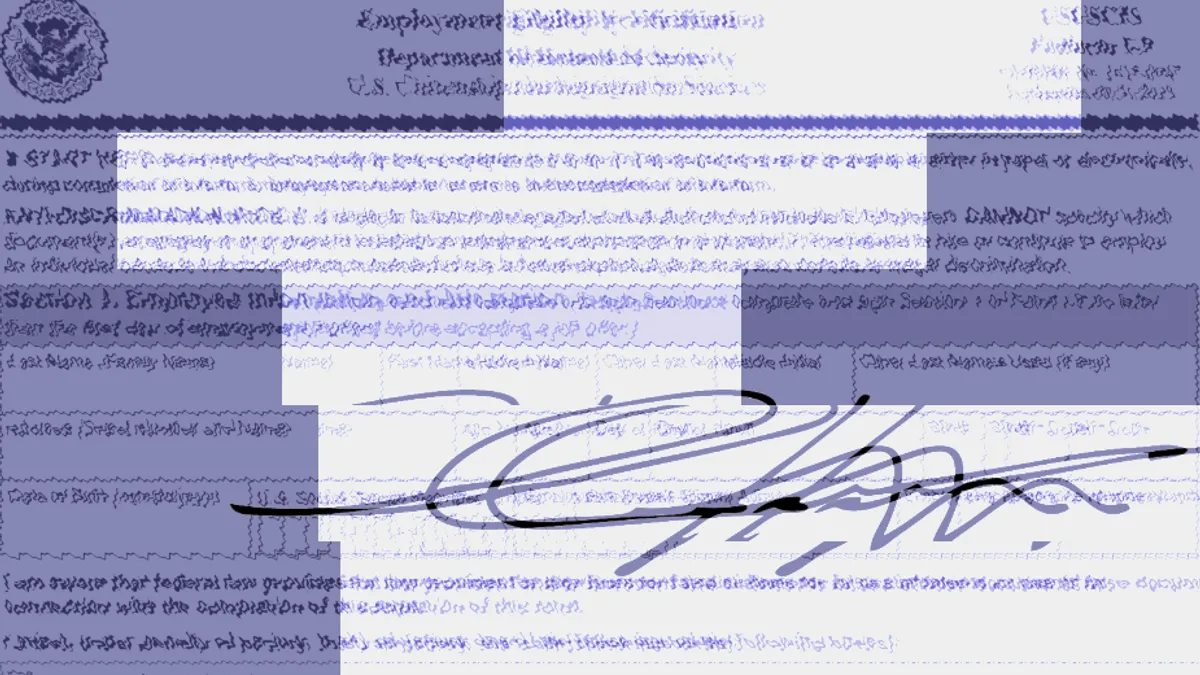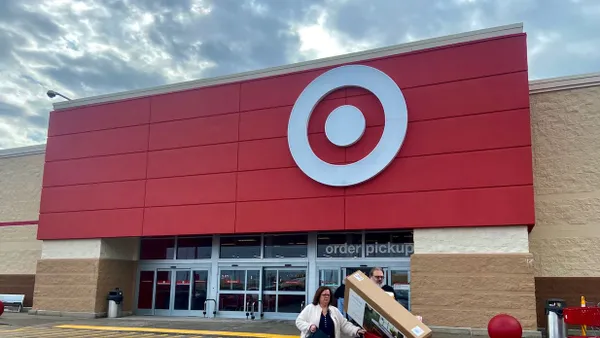Dive Brief:
- Many employee assistance programs (EAPs) do not address the challenges of the workplace of 2020, having been created in the 1990s when the workforce was radically different than it is today, according to Magellen Health's Workforce 2020 report.
- By 2020, millenials will make up 46% of all workers in the U.S., resulting in a strong shift in workplace culture and behavior, according to Magellen. Simultaneously, a significant percentage of Baby Boomers are delaying retirement, Gen X'ers are taking on senior leadership positions, and individuals in their 70's and even 80's remain in the workforce.
- The one-size-fits-all approach to employee assistance programs is mired in the workplace of 30 years ago, and absent the technological and mobile capabilities necessary to engage employees of all ages located in the office or working remotely, says Lynn Hamilton, a Magellen Health senior vice president.
Dive Insight:
To help overcome this challenge, Magellan Health identified five features of an EAP ready to tackle the challenges of Workforce 2020. For example, one is computer-based cognitive behavioral therapy, which can help employees manage behavioral health concerns when and where they are most comfortable through online modules accessible on any device. Another is live chat, which allows employees to get instant assistance online by communicating confidentially with an expert to help find resources for a wide variety of personal, family and work-related concerns.
“While small upgrades and patches can help older EAPs, a new era requires a new approach,” Hamilton says. “Employees are still looking to access the resources available in traditional employee assistance programs, but they are looking to do so in a way that fits their lifestyle and habits.”













